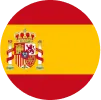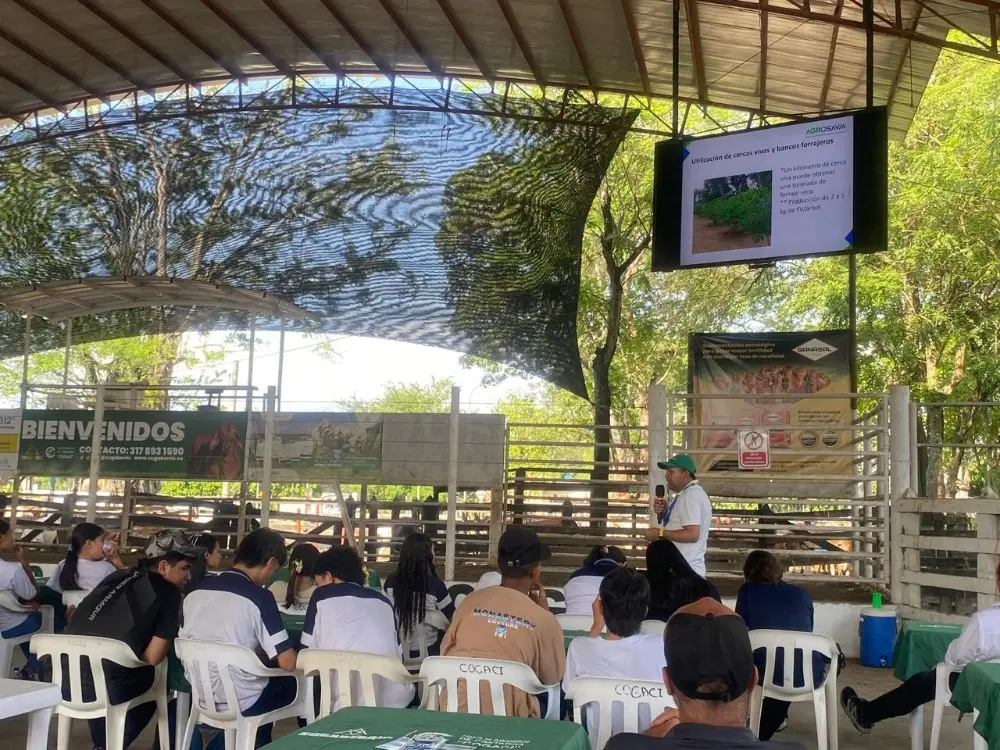• During the Livestock Progress Micro Fair in Cimitarra, AGROSAVIA researchers presented strategies to strengthen the competitiveness of the livestock sector in Santander. The event highlighted the role of silvopastoral systems, the use of agro-industrial waste, and the National Agroecology Plan (PlaNA, for its acronym in Spanish) as key pillars for a sustainable and productive transition with a territorial approach.
Mosquera, Cundinamarca. October 8, 2025. AGROSAVIA participated in the "Livestock Progress Micro Fair" in Cimitarra, Santander. At this event, researchers from the Corporation, along with representatives from ICA, SENA, and Banco Agrario, presented new tools and technologies to producers and students aimed at promoting the development of a more competitive and sustainable livestock sector.
Juan Carlos Benavides, Associate M.Sc. Researcher at the Tibaitatá Research Center of AGROSAVIA presented the benefits of silvopastoral systems as a strategy for livestock production conversion. He emphasized that this alternative not only improves productivity but also reduces heat stress in cattle and enhances the efficient use of land and water.
José Alexander Rodríguez, Ph.D. Researcher at the El Nus Research Center highlighted the potential of agro-industrial waste as raw material for the production of organic fertilizers rich in nutrients and beneficial microorganisms, improving soil health, increasing water retention capacity, and reducing dependency on synthetic fertilizers.
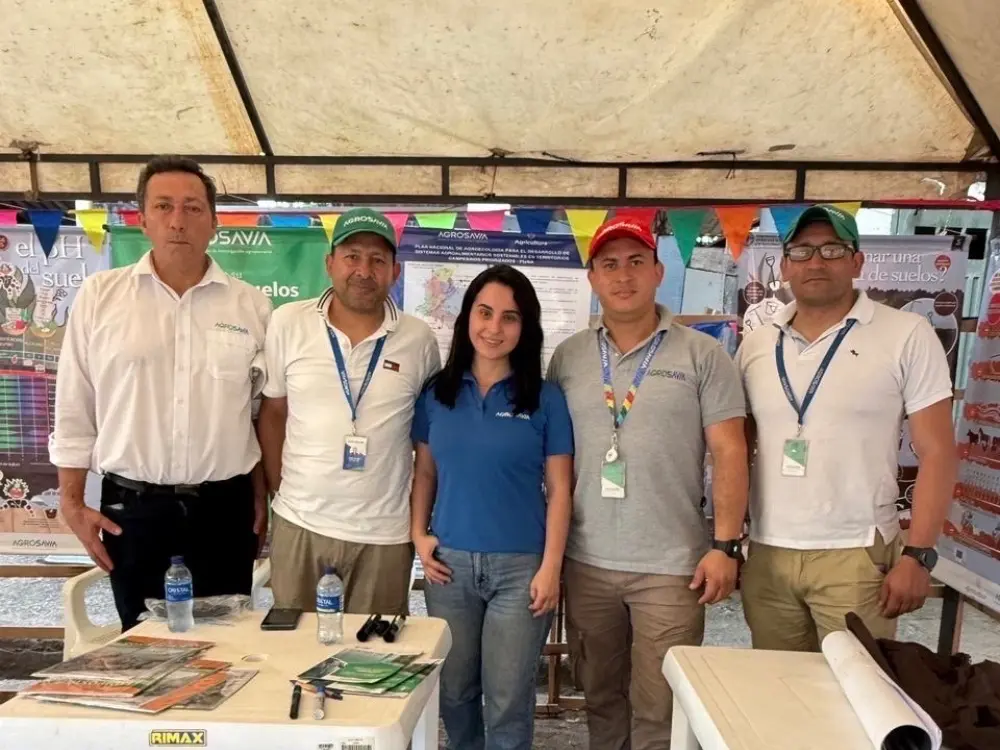
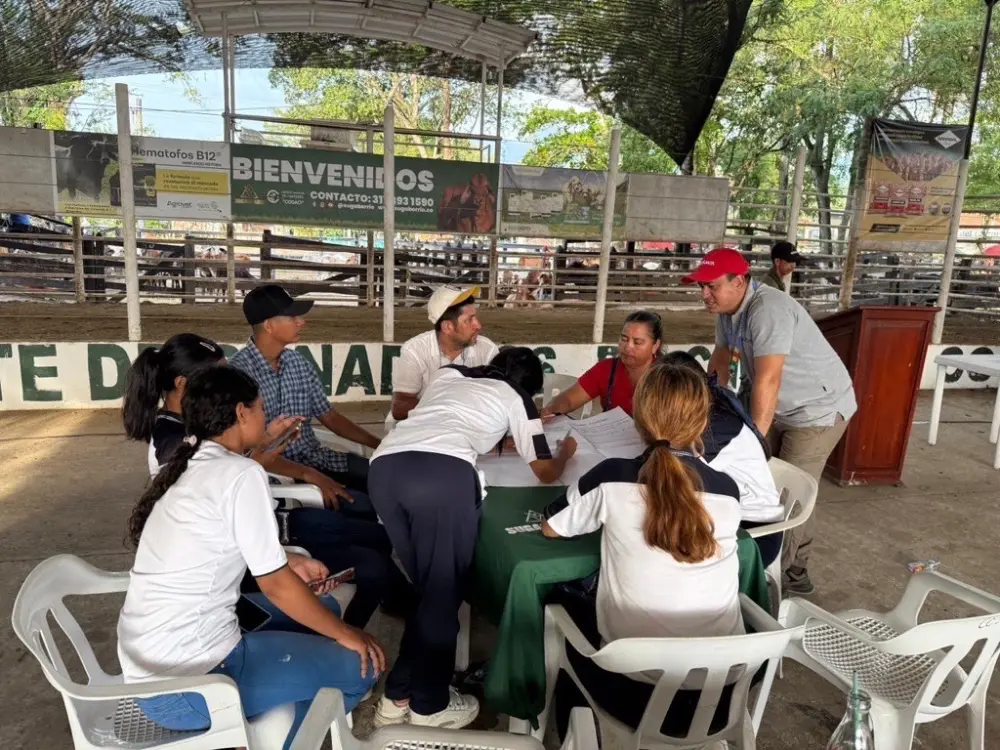
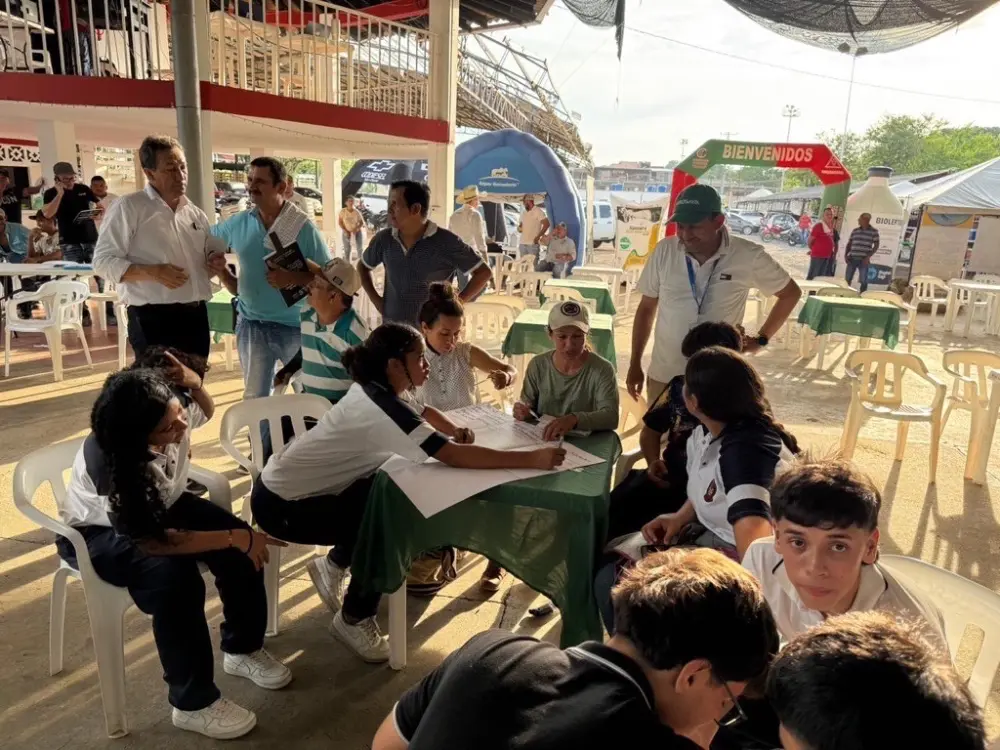
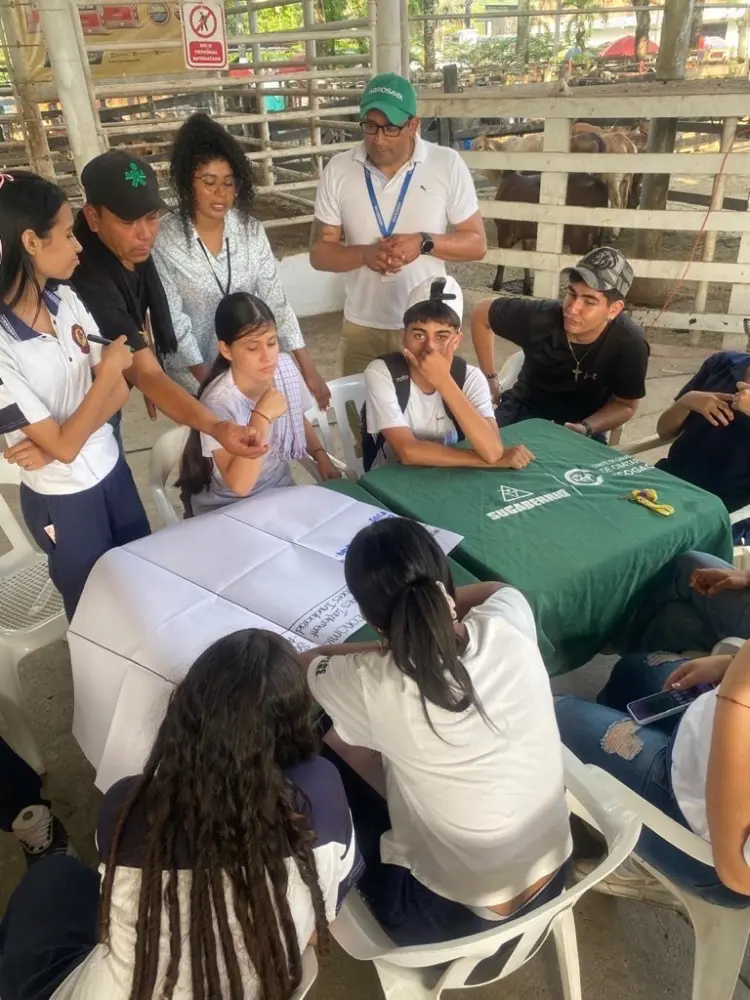
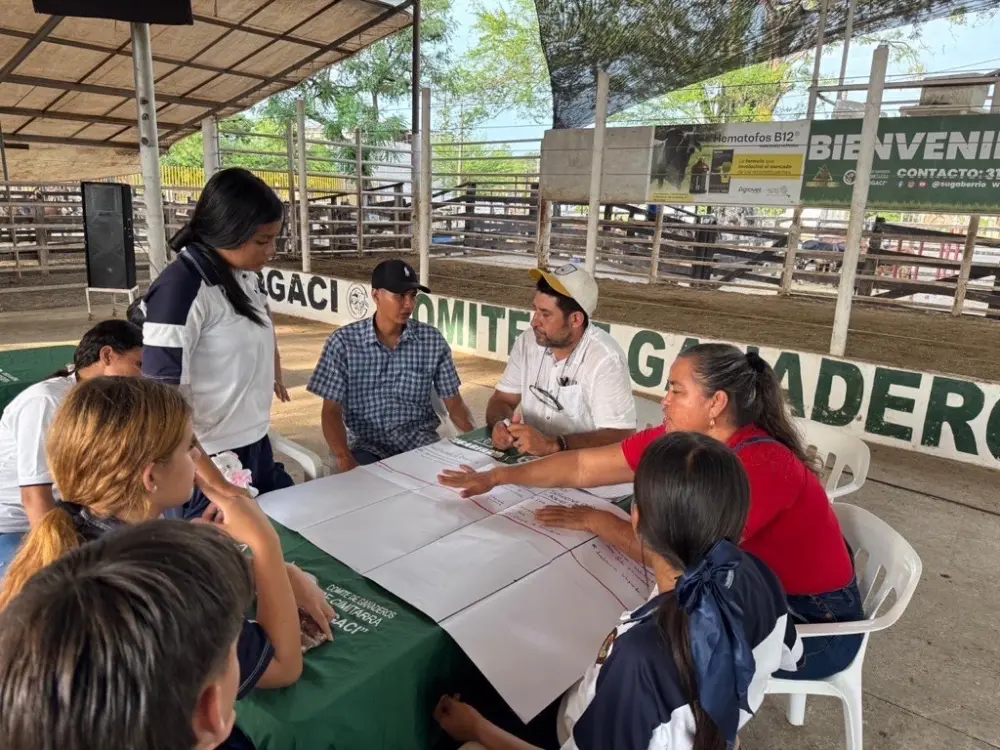
Estefania Bohórquez Andrade, Research Support Professional at the Central Headquarters, introduced the National Agroecology Plan (PlaNA), an initiative that promotes the development of sustainable agro-food systems in Peasant Reserve Zones and other prioritized territories, fostering social inclusion and technological innovation in agroecology through a participatory approach in collaboration with local communities.
As part of PlaNA, AGROSAVIA's team conducted a participatory exercise with producers and strategic stakeholders. This collaborative space was crucial in prioritizing key aspects for agroecological transition across environmental, social, political, economic-commercial, and technical-productive dimensions. The main outcomes of the activity highlighted the challenges and opportunities in the territory related to the consolidation of associative processes, the diversification of productive systems, and the enhancement of technical capacities for more efficient resources management.
This event not only provided valuable insights into technological advancements and strategies for productive conversion and agroecological transition but also underscored the need for inter-institutional collaboration, where governance and co-innovation are fundamental pillars for the consolidation of more sustainable livestock farming in the region.
- More information here:
- María Elena Londoño Rubio
- Communications, Identity and Corporate Relations Professional
- Research Center Tibaitatá
- Communications, Identity and Corporate Relations Advisory Office
- melondono@agrosavia.co
- AGROSAVIA


